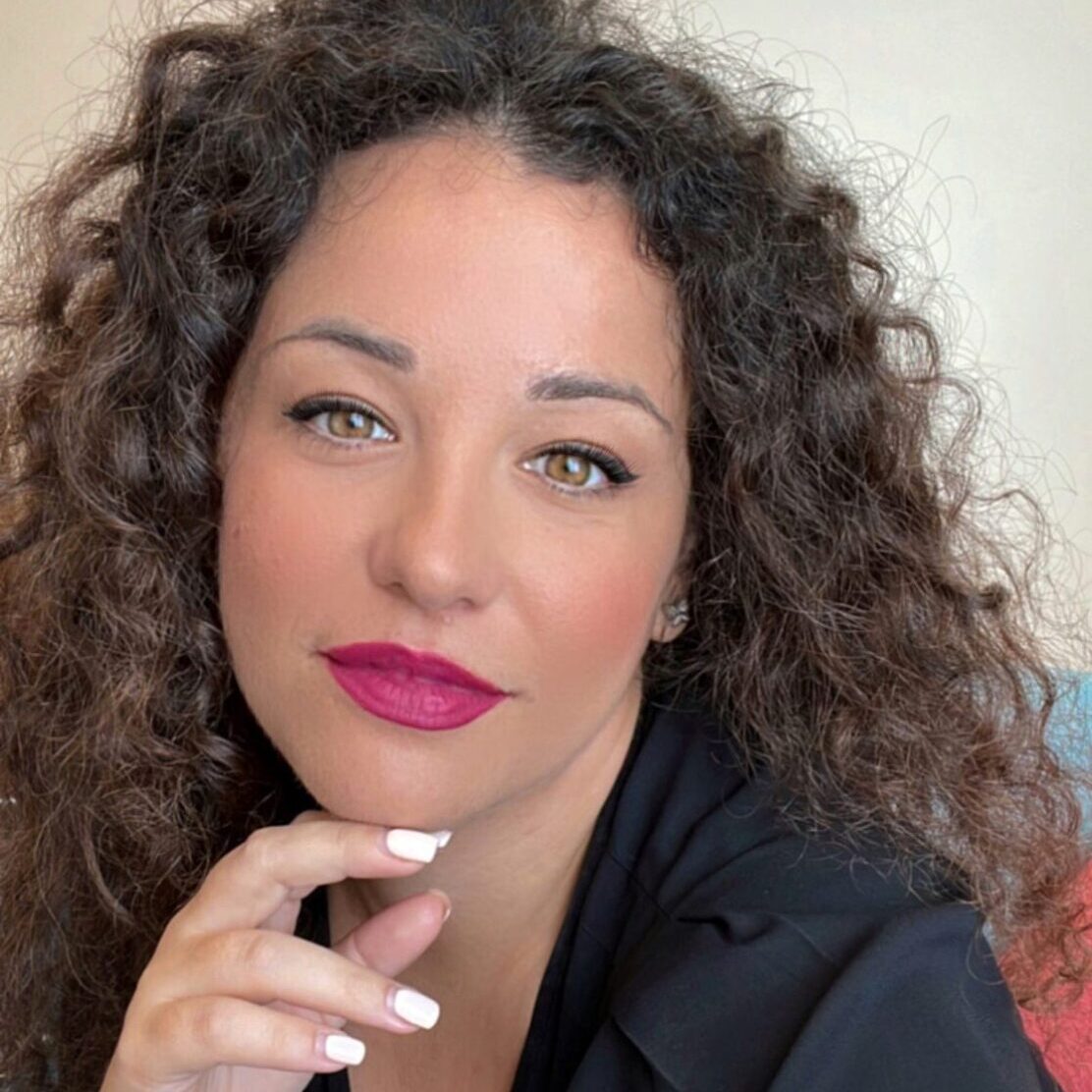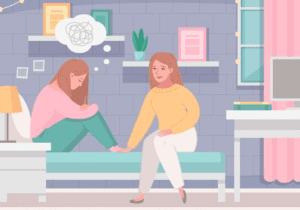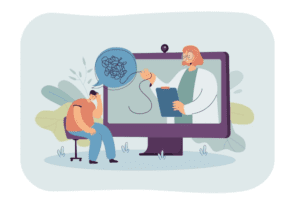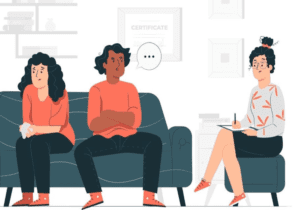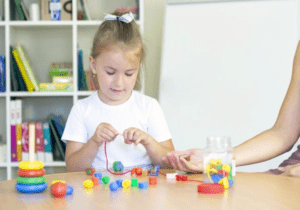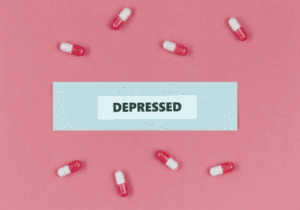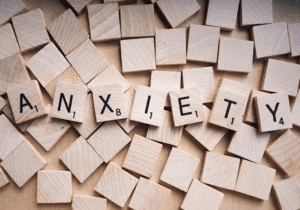Parents – Did You Know ? It Isn’t Only About Your Child
This article has been researched and written by Sara Caroppo. AI has not been used in producing this article.
One of the most common things parents say when walking into the therapy room is: “We just need some help with our child’s behavior.”
It makes perfect sense. When a child is struggling — especially in ways that are disruptive or emotionally intense—the instinct is to focus on the child as the source of the problem. What often goes unnoticed, however, is how deeply a child’s behavior is connected to their environment, particularly to the tone, reactions, and emotional cues of their caregivers.
Why Is it important to work with parents too?
As a Child Psychologist, I work closely with parents. Not to judge or criticize, but because parenting plays a central role in shaping how children learn to regulate their emotions, respond to challenges, and build relationships. Change begins in the family system, not just within the child.
Everyday Parenting and Behavioral Psychology:
Many parents are already applying psychology in daily routines—often without realizing it.
- Positive reinforcement happens when a parent praises a child for helpful behavior, such as tidying their room. If sincere and consistent, this praise increases the likelihood of the behavior being repeated.
- Negative punishment involves removing a valued item or privilege, such as screen time, following unwanted behavior. The goal is to decrease that behavior over time.
These ideas go back to BF Skinner’s work in behavioral psychology. In his famous “Skinner’s Box” experiments, he showed how behavior can be shaped by rewards or by removing rewards. Children, like adults, respond to environments in patterned ways. If misbehavior consistently draws attention, it is reinforced. If calm behavior is ignored, it may fade. These quiet associations can be remarkably enduring.
When Effort Begins to Fade
Another important concept is learned helplessness, developed by psychologists Martin Seligman and Steven Maier.
This occurs when, after repeated setbacks or unclear responses from caregivers, a child begins to believe their efforts don ‘t make a difference. Over time, they may stop trying altogether.
Children in this state may appear anxious, disengaged, angry, or unusually passive. This is rarely laziness or defiance. More often, it signals that something important has been missed. When adult feedback is unpredictable or overly critical, even well-intentioned children can lose confidence in their ability to create change.
The Messages Behind the Moments
Every interaction between parent and child carries meaning. A raised eyebrow, a soft tone, a pause, a quick reaction—all of these shape a child’s understanding of themselves and the world. That’s why child therapy often begins with parents reflecting on the messages they send, often unintentionally. Behavior is never random—it’s communication, a response to what the child has learned about safety, connection, and expectation.
When parents respond with more awareness and consistency, the change is often visible in the child. Parental involvement is not simply part of the process—it is the process.
Gentle Parenting: What is it and How to Try it Yourself
When it comes to raising children, no one has all the answers. Every parent and child have unique challenges and needs. Navigating these individual circumstances along with ever-changing environments, such as school …
How to Improve Your Relationship with Your Children – A Psychologist’s Guide
The modern family’s lifestyle leaves us shuffling from school to sports practice, family events, visiting friends, and everything in between. As society evolves to become more on-the-go and technologically advanced, w…
Tips for Communicating With Someone Who is Depressed
Knowing what to say to someone who is struggling with depression can be challenging. Perhaps you are afraid you might say the wrong thing. Or maybe you will say something that makes their day even worse? Maybe you fee…
Who Can Benefit From Couple Counseling?
Relationships are far from perfect. Each person brings his or her own ideas, values, opinions, and personal history into a relationship, and they don’t always match their partner’s. Those differences don’t necessaril…
What is EMDR Therapy and How Does it Help People?
Since the days of Freud, we’ve come to expect that managing our trauma is a lifelong journey. However, this is not the case. Eye Movement Desensitization and Reprocessing therapy (EMDR therapy) was developed in 1990 …
Everything You Need to Know About Couples Therapy
It’s perfectly expected for couples in relationships to face challenges from time to time. Every relationship has its unique needs and challenges. Couples see therapy for a number of unique reasons. From miscommunicat…
Does Social Media Cause Depression?
According to recent estimates, roughly 4 billion people worldwide use various social media platforms, including Facebook, Twitter, Instagram, and LinkedIn. It’s not hard to believe. When you take a look around a crowd…
Child Development: Play Therapy in Dubai
Every child deserves to feel safe, empowered, understood, connected, and loved. Play therapy is based on the foundation of providing a safe environment for children to process their emotions and develop the social, em…
The Future of Depression Treatment
According to the World Health Organization (WHO), depression impacts more than 264 million people globally. Once diagnosed, depression treatment can be by medications, psychotherapy, or a combination of the two. While…
How to Talk to Your Therapist When You Have Social Anxiety
Social anxiety disorder (SAD), also called a social phobia, is characterized by intense fear or anxiety of being negatively evaluated, judged, or rejected in a social situation. Individuals with social anxiety often …
